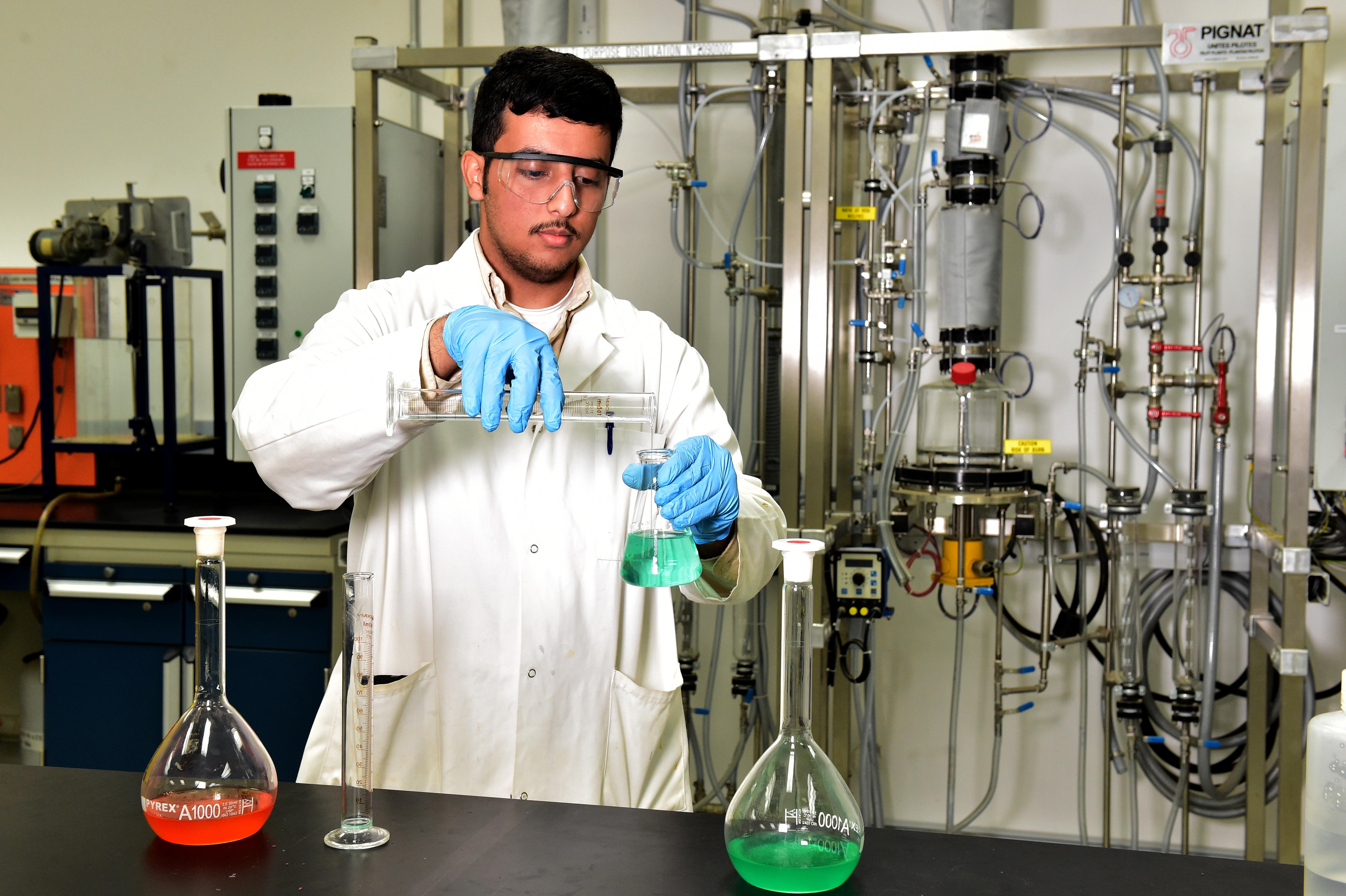| About Royal Commission Education
The General Administration of Education in Jubail and Yanbu is one of the strategic sectors of the Royal Commission for Jubail and Yanbu, representing the Commission's educational arm in the industrial cities of Jubail and Yanbu. This educational system is an extension of an ambitious national vision based on investing in human capital as a fundamental pillar of sustainable economic and industrial development, enhancing the Kingdom's position on the global economic map and achieving the goals of Saudi Vision 2030.
The administration oversees an integrated educational system covering both general and post-secondary education, including:
1. Jubail/Yanbu Industrial College, which prepares specialized engineering and technical personnel to support industry.
2. Jubail/Yanbu Technical Institute, which trains skilled technicians through technical and applied training programs.
3. Jubail/Yanbu Institute for English Language and Preparatory Year, which offers academic and specialized language programs.
The administration is committed to implementing the highest educational quality standards through international accreditations such as:
ABET, ACBSP, IACET, CTAB, EAQUALS, and ACCET, in addition to local institutional and program accreditation from the National Education and Training Evaluation Commission (NCAAA).
The post-secondary education system, through its branches in Jubail and Yanbu, has succeeded in meeting the needs of major national industrial companies, reflecting the strong link between academic programs and labor market needs.
Public Education in Jubail and Yanbu
Public education in Jubail Industrial City and Yanbu Industrial City receives strategic attention within the Royal Commission's plans to improve quality of life. The administration has adopted an advanced educational model that keeps pace with international quality standards and enhances the system of innovation and digital education.
In this context:
• The Royal Commission oversees the operation and management of boys' schools and kindergartens.
• It supports girls' schools through support and maintenance work to ensure a high-quality educational environment.
• The schools in Jubail and Yanbu provide an attractive educational environment that utilizes technology, supports creativity, and harnesses the potential of students and teachers.
• The system includes schools for the gifted, international education, Quran memorization, and adult education.
Public education is one of the engines of social development in Jubail and Yanbu, providing a balanced education focused on building skills, promoting national values, and fostering a spirit of creativity and responsibility among students.
The General Administration of Education in Jubail and Yanbu continues to develop its educational system through:
• Strengthening local and international industrial and educational partnerships.
• Aligning educational programs with labor market needs.
• Developing innovative learning environments based on technology and knowledge.
• Investing in the development of national human capital.
This integration between education and industry, the industrial cities of Jubail and Yanbu have become a leading national model for integrating human development with industrial development.





